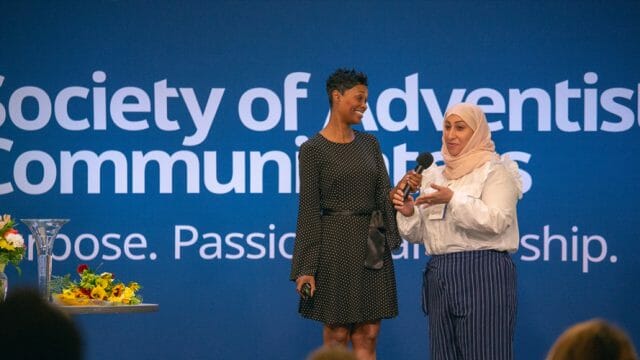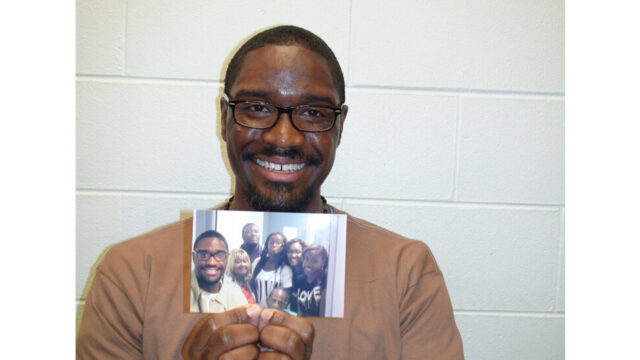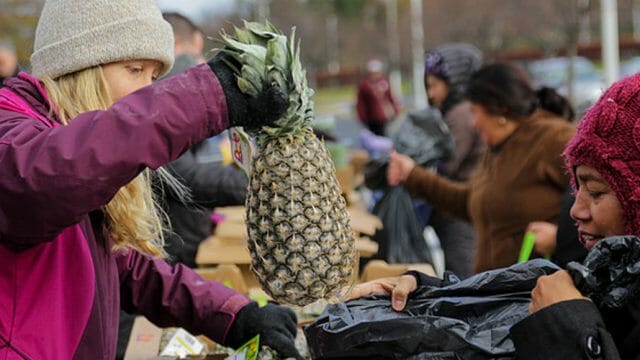A refugee’s story

Two years. That’s the time it took for Massih Nazari, 18, to reach Serbia, after fleeing his hometown in Kabul, Afghanistan.
“I loved my home,” Nazari said. “I lived with my parents and siblings, finished school, and wrote stories, novels, and poems. I also practiced sewing.” Nazari aspires to become a writer.
His dream was shattered when his beloved town in Kabul was rocked by instability. What was once a place filled with peace and harmony became infested with violence and economic hardship. The sudden turn of events halted Nazari’s future plans. He had to leave.
“I am not a quitter, but living conditions got worse, and work was hard to find,” Nazari said. He decided to leave the home he knew; his family remained. Traveling through harsh and hindering conditions, Nazari eventually got to Serbia.
More than 4,000 Afghani, including men, women, and children, also found refuge in Serbia. Fear of the Taliban, low income status, and lack of security were reasons they reportedly left Afghanistan.
“Being a refugee, you lose everything,” Nazari said. “I simply wanted a better way.” Nazari hoped to travel farther west to Europe, but the border along Serbia was closed until further notice from the government.
Meanwhile, on the outskirts of Belgrade, Serbia’s capital city, Nazari found lodging at an asylum center, where he remained for months. Without a job, Nazari felt hopeless.
“Could this be the end of my life pursuits?” he pondered.
Finding Hope
All was not lost when Nazari learned through a friend about a community center in Borca, a few miles from Belgrade. It was run by the Adventist Development and Relief Agency (ADRA) network office in Serbia.
“I met ADRA’s workers Yasin and Karim, who explained what ADRA is and the projects it offered,” Nazari said. “I liked what I heard and started visiting ADRA’s center.”
His ADRA instructors noticed how quiet and shy he was. When he recited poems, it was in his native language, Farsi. “He knew no other language, and we felt that to progress he should learn other languages and subjects,” they recalled. With translation assistance, Yasin and Karim worked with Nazari, determined to help him receive a higher education.
Nazari also got involved in sports and took a sewing class. “I enjoy sewing and knew it would help me advance my skills as a tailor,” Nazari said. Upon completion of vocational training, he earned a sewing certificate.
“ADRA’s staff were there for me when no one else was,” said Nazari. “I have lifelong friends at ADRA.”
One Year Later
One year has passed and Nazari currently serves as a volunteer on ADRA’s staff, teaching other refugees how to sew. Nazari is also working on a book of poetry that will be published in local bookstores and online.
“Massih is like every other human being with hopes and dreams,” said Igor Mitrovic, ADRA Serbia’s country director. “Like him, we are helping refugees meet their needs. At our center, they can rest assured, we are here to help them.”
The Adventist Development and Relief Agency (ADRA) is the global humanitarian organization of the Seventh-day Adventist Church. It works in more than 130 countries to bring long-term development programs and immediate emergency response to communities through a network of global offices. To learn more, go to www.adra.org.
Kimi-Roux James is ADRA’s communications specialist for marketing and development. Igor Mitrovic is ADRA Serbia’s country director.








